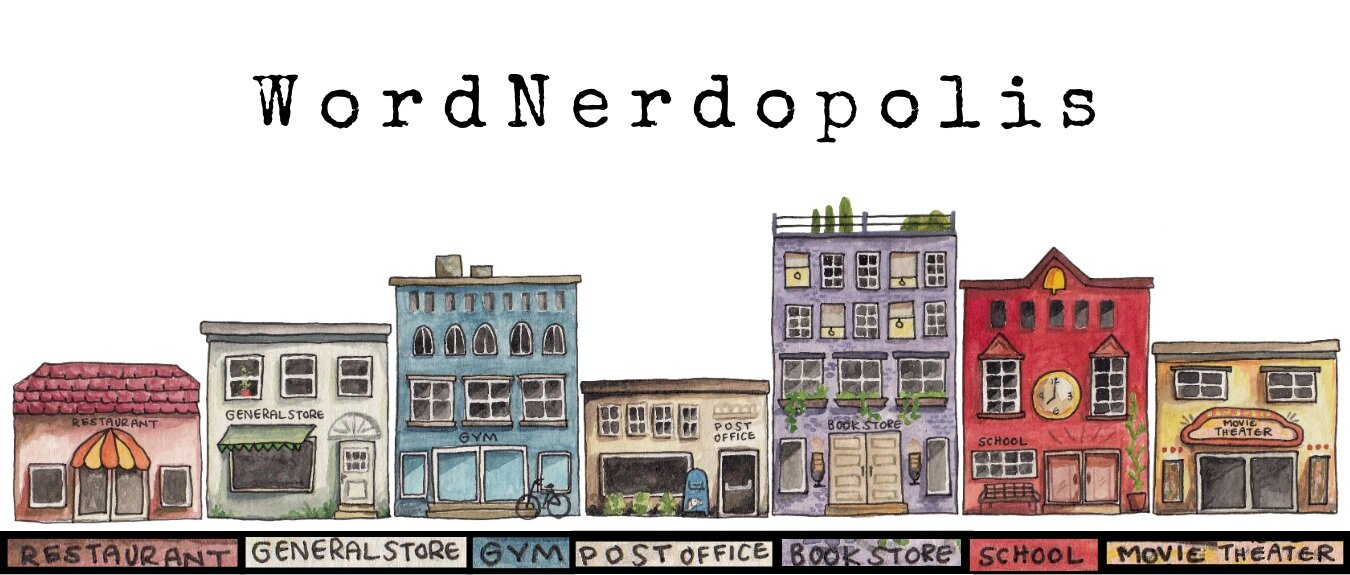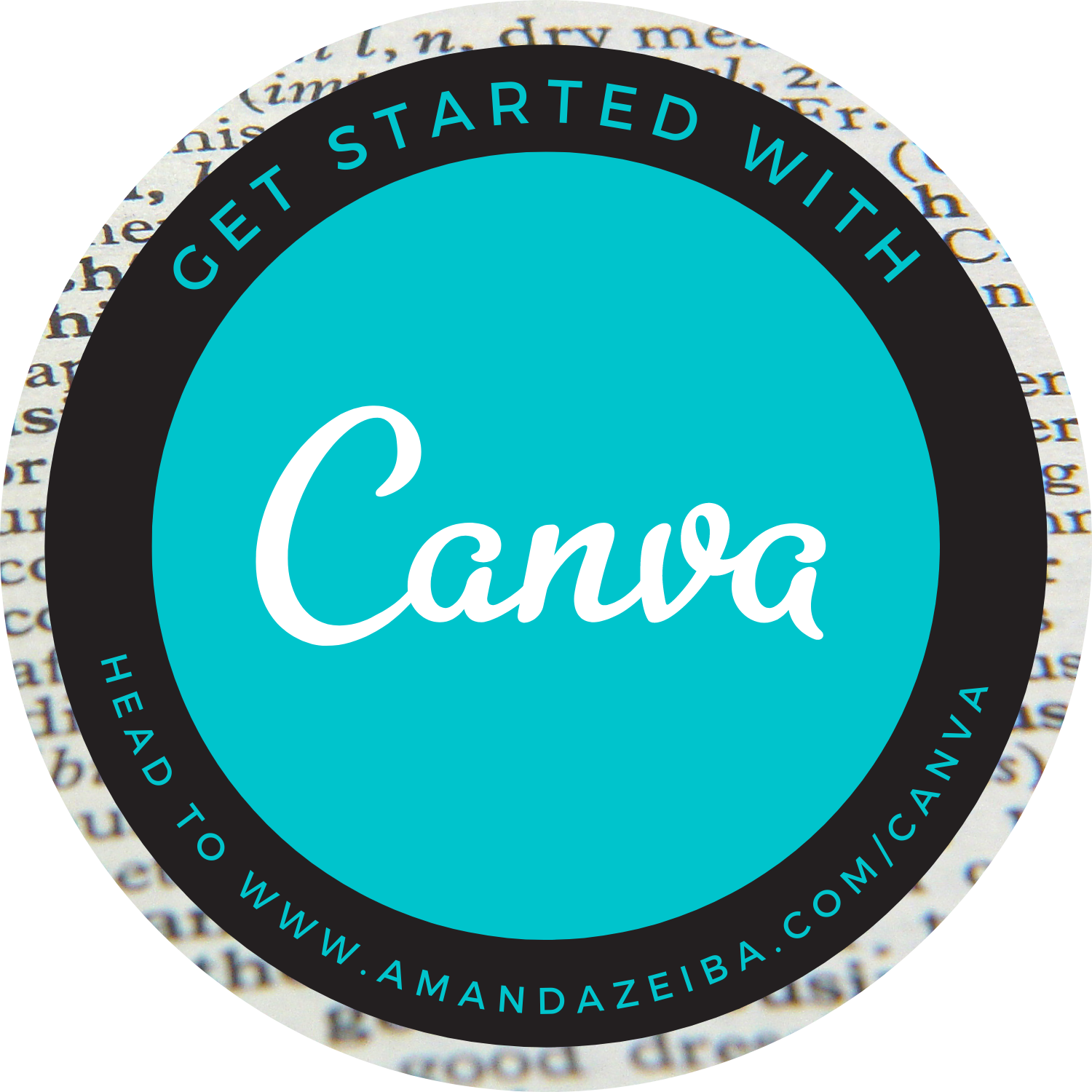What You Can Learn from Author Thank You Notes and Acknowledgements
November is often a month that focuses on being thankful. In these thirty days we are prompted more than ever to take a look at the blessings and gifts in our lives and take time to be grateful (and also to say “thanks!”). It is this sentiment that will be fueling my next few posts. In past Novembers I have written poems and lists of those writerly things and people I am grateful for, but today I’m going to do something different and take a look at the author notes and acknowledgments in books and point out what these literary gratitude letters have to teach us. Hopefully afterward, you’ll not only be thankful for me but also for your favorite authors and all the goodness they share in these additional pages of content in their books.
One clear sign that I’ve loved a book, is my desire to read everything and anything the author has included in the book. Their bio, the back matter content, and especially the author’s note and acknowledgements. This was brought to my attention again when listening to Oathbringer, book 3 in the most epic of fantasy epics, by Brandon Sanderson. Rather than put his thank yous at the back of a book, Bandon starts his books with his gratitude. Guess how many minutes it took the audiobook narrator to read Brandon’s list of thank yous?
Go on. Stop scrolling. Close your eyes. Guess.
9.
9 minutes!
It took Brandon nine full minutes to say thank you to all the people involved in the creation of his book. The total number? Nearly 150! Can you believe it!?!?! He calls it “the parade of names”.
Here it is so you can read it for yourself.
And a few of the images he mentions.
Okay, so at the point you might be asking me, “Amanda, what is the point?”. Sure this is interesting, but WHAT IS THE POINT?!?! The point is, there is a lot we can learn from not only Brandon’s author note, but others as well. So here we go, the main event of this blog post: 3 Lessons We Can Learn from Author Notes and Acknowledgements.
#1 Stop Believing in the ONE NAME Fallacy
There is a common misunderstanding, that because there is only ONE NAME on the front of a book cover, that only ONE PERSON created it. This could not be further from the truth. Beta readers, editors, cover designers, copy editors, marketing teams, spouses who care for children and feed the family and run the carpool, the interior formatter, the friend from afar who sent inspiration via email or coffee via a gift card. So, so, so many people work on a book. Reading an author’s note reminds you of these many individuals and moving parts that make a book HAPPEN. If you are comparing your solo-efforted first draft to the book on the shelf… STOP IT RIGHT NOW. Not only will this act get you nowhere… it’s also an incredibly unfair comparison.
#2 Pay Attention to the Names Being Mentioned
A name that will most frequently pop up in the author’s acknowledgements is their agent. If the author has written a book similar to yours (genre, age range, etc.) write down that name and look them up online. Find out if they are accepting new clients. Keep tabs on them, their submission policies/timeline, and publications. These are clues that will help you identify if they are in fact a great agent for you. If you decide to query the agent, mention these things that you have noticed and learned. It shows them you are invested, knowledgeable about how the industry works, and are paying attention. The same goes for editors of publishing houses.
#3 Notice the Author’s Timeline and Process
Often in the letters authors will share the reality that a book is years in the making. Much like item one on this list, that fact can soothe your impatient soul and help you to know that good books take a good amount of time. Don’t rush the process. Do your story justice. Also notice the steps the author mentions. The ideation process, the research, the outlining, the writing and revising and revising and revising. Note the additional aspects that enhance a story (the cover, chapter art, maps, audiobooks, prequels, back matter, etc.) and think about how you might use these strategies to make your story more than it could be if it stood alone.
Your homework, as Brandon Sanderson offers in each episode of his podcast writing excuses, is to go look for the author’s notes in your favorite books. Read them and identify/record the helpful bits. Put these pieces of information into action or squirrel them away until you are ready to use them. But either way, know there is a wealth of writing wisdom, direct from your favorite author, waiting for you at the end of each and every book. Now that’s something to be thankful for, am I right?
Okay. Are you ready to thank me yet? (I know I am thankful for YOU!) Hopefully you’ve taken away some word nerd goodness from this piece. If you want more, click any one of the articles below. And if your curiosity is sparked by Brandon’s author’s note above and you want to embark on a lengthy literary adventure, you can purchase the first book in the Storm Light Archive here.
If you liked this post, you might also enjoy…
This post was made beautiful by Canva.
If you liked what you read on my blog today (or are in search of weekly word nerd goodness) and would like to have it delivered to your inbox every Wednesday morning, you can sign up HERE. If you are interested in any of my email lists (with free goodies/downloads!) click the audience that best describes you: Writer. Teacher. Reader. As always, feel free to share this post with others you think might be interested via email, Facebook or Pinterest.
Finally, affiliate marketing is promoting a product or service in return for a commission. When you purchase a product or service through one of my links, I earn a small part of the sale. There is NEVER any extra cost to you. If you looked up the same product on the same site through another source besides my website, the price will still be exactly the same. 100% of the time.
I also NEVER link to products or services that I don't 100% believe in. I will never tout a company or their goods if they are disreputable or if I don't believe them to be worthy of your hard-earned money. In no way are my affiliate links a scam. (Language borrowed with permission from Kristen Kieffer on Well-Storied.com)













